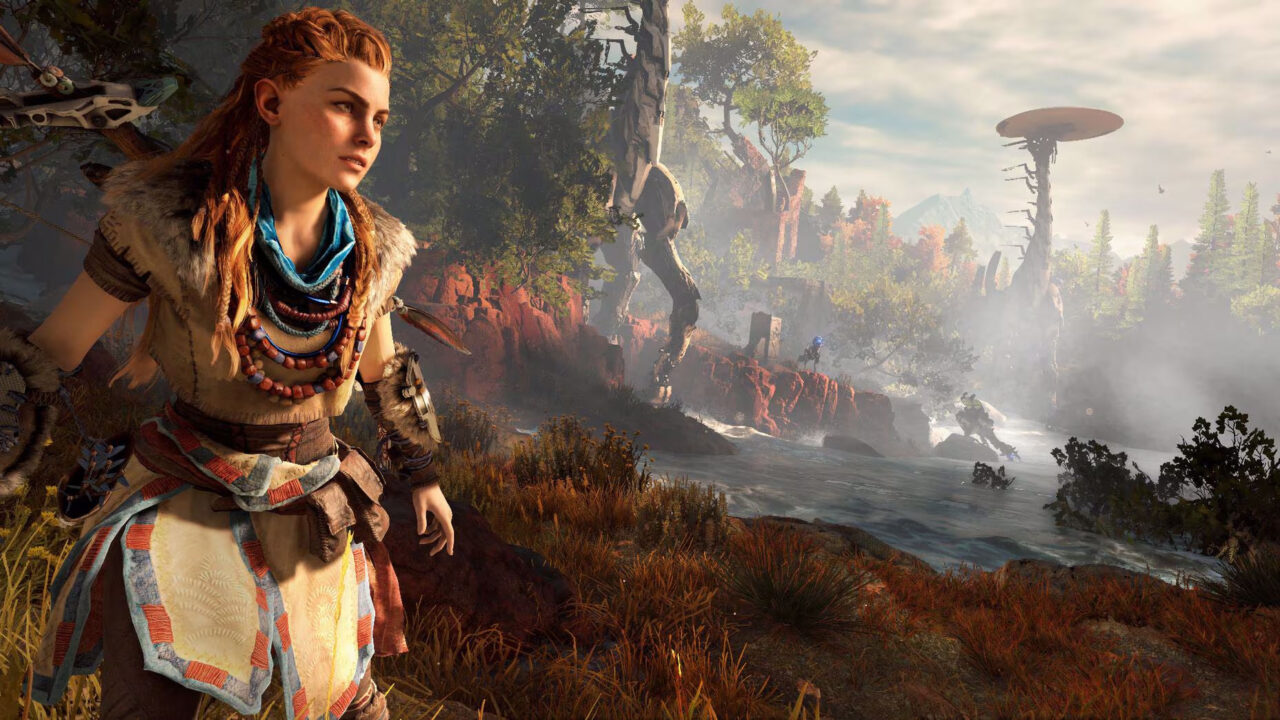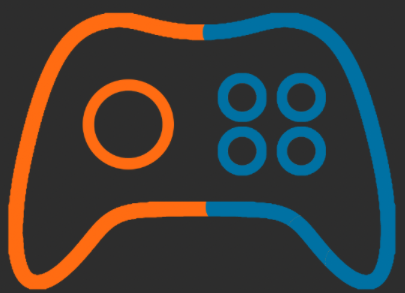For the last couple of decades, there has been a huge debate over the impact of video gaming on one’s mental health and well-being. In this piece, I explore both the positives and negatives of video gaming, weighing up its true effect on gamers.
“If you stare at that screen too long, your brain will turn to mush.”
This is the first thing my parents told me as I unwrapped a new Nintendo DS from my aunt and uncle on my 7th birthday. As a child, I would always look forward to loading up the game for an hour in the evening, whether it was with my friends, or my little brother, it soon became a common part of my day.
However, my parents’ words worried me. As a youth who was diagnosed with anxiety and OCD at a very young age, I was stuck at a crossroads. I enjoyed gaming, I could spend time with my friends, create new worlds and relieve some stress – but I would always ask myself, “is my brain turning to mush”?
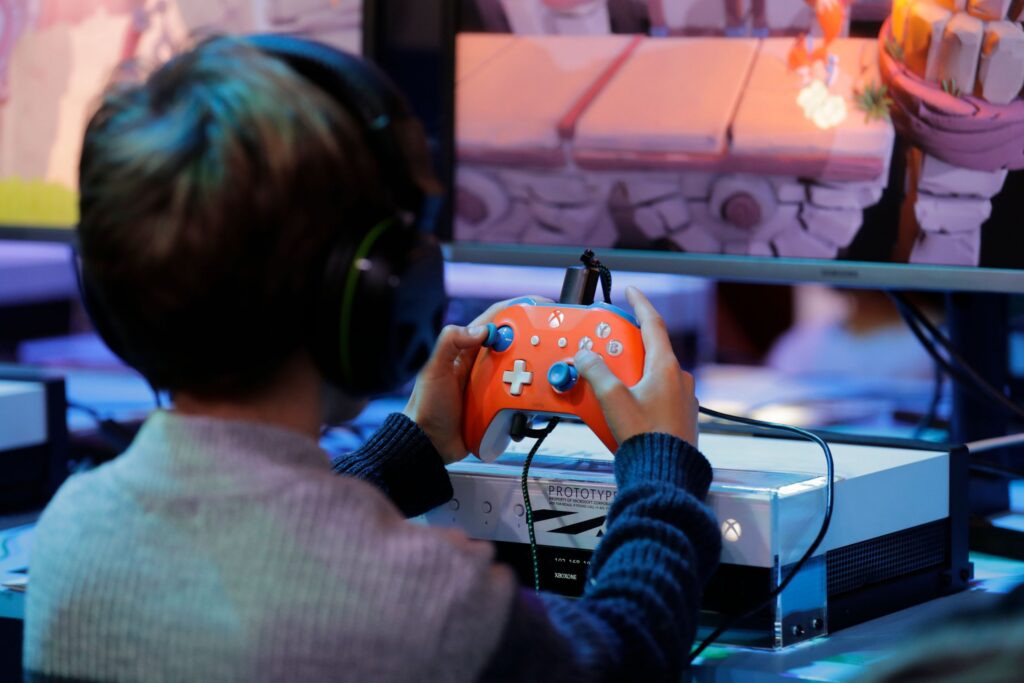
As I grew up, the gaming world evolved a lot. From what seemed once like a fun way to pass the time, it became much more interactive and social. When Covid-19 hit, I, along with billions of others, was forced to stay home, deprived of activity and social life – resulting in my gaming activity increasing significantly.
I wasn’t the only one to take up excessive gaming over lockdown. In 2020, the National Center for Biotechnology Information reported a mass growth in video game players over the course of the year – reaching 2.7 billion players worldwide.
Statista published a survey carried out by Jessica Clement in March 2020, stating that video gamers in the United States reported that they spent 45% more of their time playing video games in quarantine than they had done in the previous week.
These statistics should not appear surprising, especially given the lack of purpose and socialisation which many struggled with over the lockdown period. Many people searched for some form of purpose and meaning – and found comfort and solace in gaming in what was an unfamiliar and distressing point in their life.
Eric Hogan, 26, who was meant to graduate from university before the pandemic hit, started streaming his gameplay online in 2020 – under the alias of ‘Go1denLotus’ on Twitch. Eric discussed openly how streaming had a positive impact on his mental health and helped him feel less isolated from others.
“I was looking for a way to socialise, and I took interest in the content side of gaming after a couple months of exploring. I quickly found that it was a great way to meet people who shared the same interests as me.”
Eric, who at the time was living by himself in a one-bed flat, admitted that he struggled being separated from his family and close friends, and his decision to stream greatly helped to fight against his loneliness.
“When it came to my mental health, the streaming space was an instant cure for loneliness. I could talk to so many people who had the same interests as me, and as I built a small community, I felt so much better about the situation I was in.”
Since starting in 2020, Eric’s channel has gained over 1700 followers, and he has made hundreds of dollars in revenue.
This view towards gaming is not uncommon – a survey carried out by Matthew Barr and Alicia Copeland-Stewart published to Sage Journals in 2021 reported that 58% of people found that playing games impacted their well-being, with almost every respondent viewing gaming as a positive influence.
However, this is not the same for everyone.
Will Correa, 22, spoke to me about his struggles with excessive gaming, and how it has influenced his everyday life. He initially started playing games as a teenager with his friends, but believes it became too big of an influence on him than what should be considered healthy.
“I noticed that especially when I was good at a game, I would spend hours and hours on it most days. When I had the day off, I would wake up and load up my Xbox straight away.
“I was so obsessed with ranking up and getting better that I had no idea just how much of my life I was wasting sitting in front of my monitor. I would check the time, and check it again after playing a few games and hours had gone by. It wasn’t good for me.”
Will admitted that he has been cutting down on his gaming hours, and one of the methods he has used is to dissociate his emotions from the game – only seeing it as a fun pastime. He has been enjoying gaming much more now he moderates his playtime.
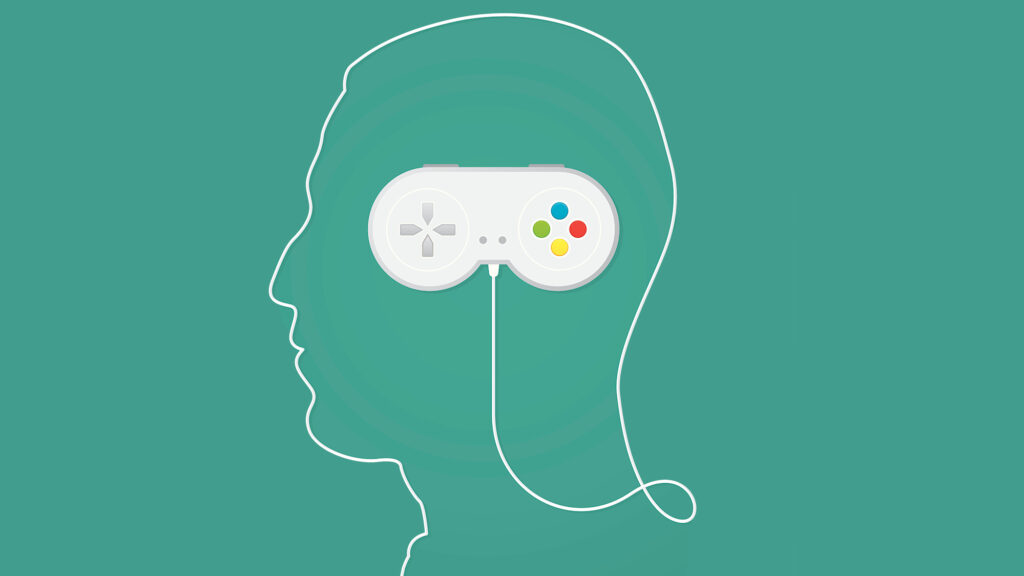
“When you start caring about the game too much it will affect your mood. People should not let their mood be controlled by pixels on a screen.”
It’s clear that moderation is the key when it comes to gaming in a positive way. In an article published by the New York Tech in November 2023, researchers from the Centre for Esports Medicine carried out a survey, asking gamers several questions regarding duration of gaming, sleep time, physical activity and more.
After receiving responses, the team concluded that the results of the study suggested that “moderate video gaming could potentially improve the general well-being of both gaming and non-gaming populations”.
Luke Dillow, 22, lost his little sister Imogen in September 2014. She died of stillbirth. Luke, a huge gaming fan, decided to start streaming in 2020, under the alias of “TrippyLD” – and after building a small community on Twitch, decided to do a special stream dedicated to Imogen – raising money for Sands, a charity helping to support bereaved families who have been victims of stillborn children.
Luke started his stream on the 23rd of September – his sister’s birthday. He opened up about how much the stream meant to him.
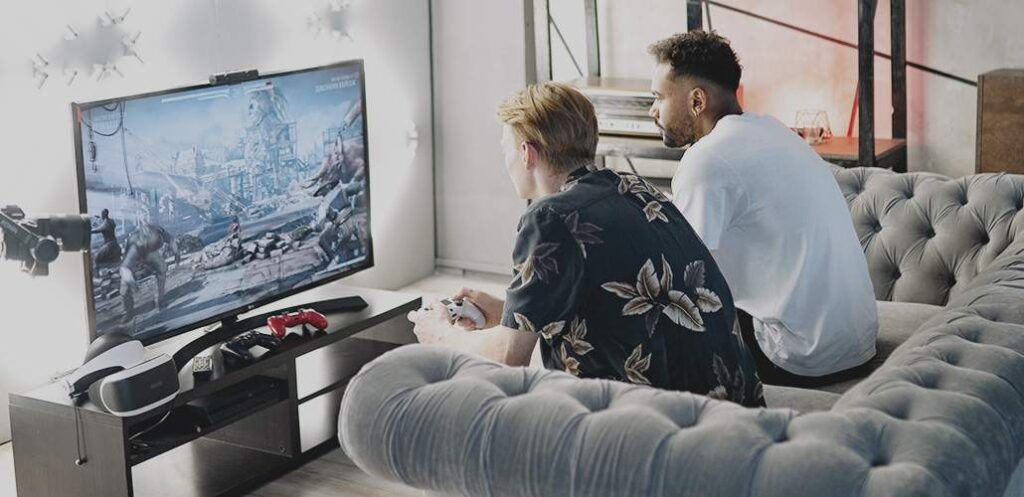
“The stream meant the world to me. What happened to Imogen always hurts, even to this day. So it felt great to be able to use my passion for gaming to try and raise money for a charity that hopefully can help families in the same situation as mine.”
So all of this begs the question, can video games cause damage to your mental health, social life and productivity? Can it truly “turn your brain to mush”?
Yes – when one allows their gaming activity to become unmanaged and undisciplined, it can certainly cause harm. Harvard Medical School states that excessive gaming has been associated with risks such as sleep deprivation, insomnia, aggression, and mental health disorders.
But on the other hand, if one can keep control of their gaming activity, there are so many beautiful parts of the gaming world.
The opportunity to meet people with similar interests, relieve stress, become more sociable and creative, and even use it as a tool to help others are only a small number of benefits one can gain from playing games. But ultimately, can it benefit your mental health and help with loneliness? I believe the answer is a resounding yes.
This article was written by Benjamin Simmons, and edited by Austin Zhang





